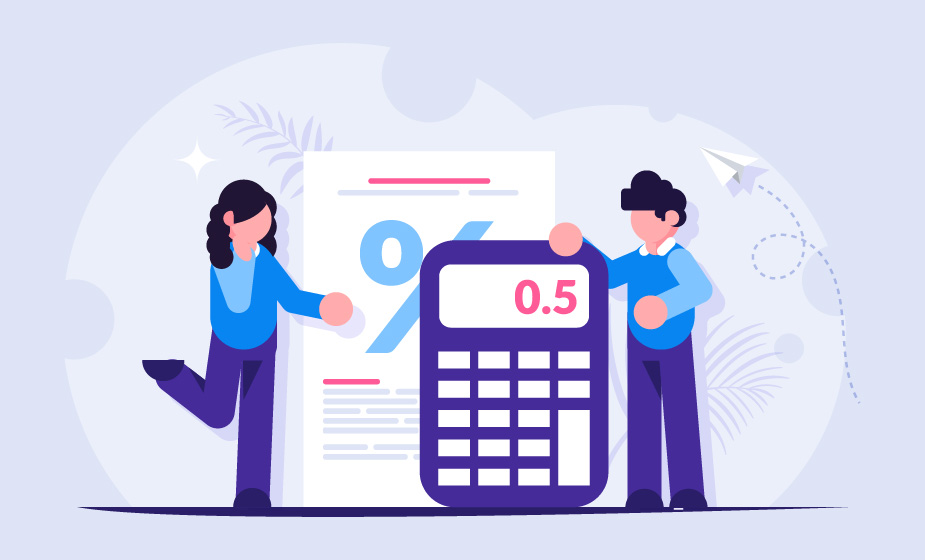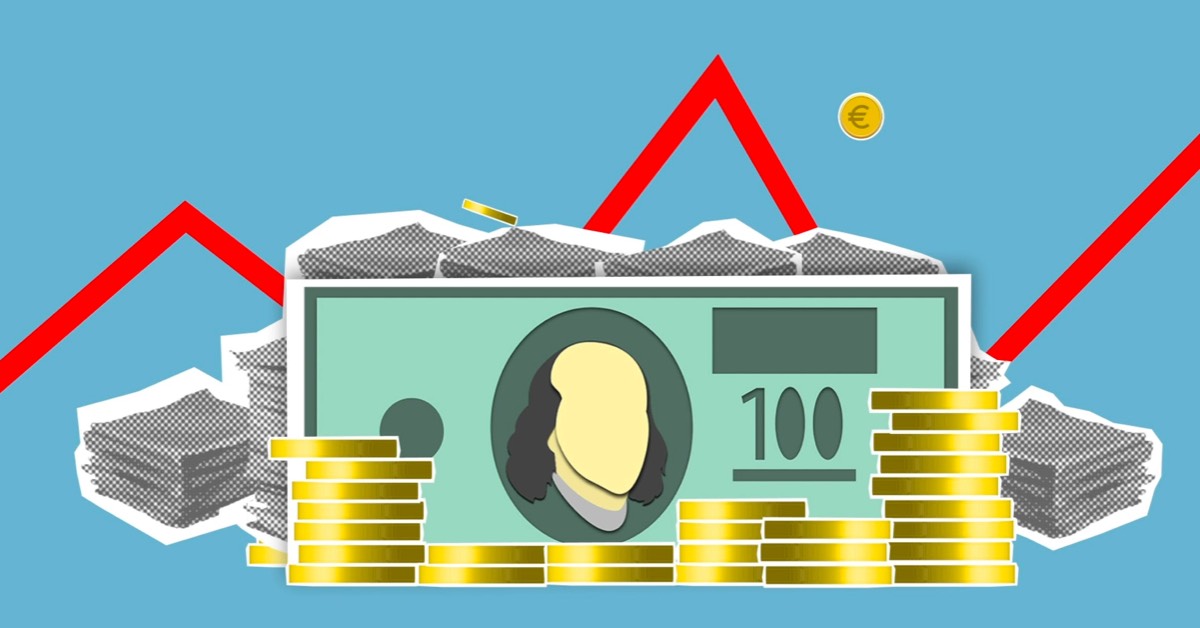- The interest to be paid or earned is established by means of a percentage and in a determined period of time. Its value will depend on the type of financial instrument chosen: loan and type of loan, and types of deposits.
How do they work?
- There are remunerative or default interest. The first corresponds to those that are paid or charged for the granting of money. In other words, it is the interest paid as ordinary interest on a loan or the interest charged on a time deposit.
- The second change is a default interest, that is to say, it is applied as a penalty for non-compliance.
- The interest rate or the economic amount of interest to be paid or charged is determined by market conditions. However, in the country there are ceilings established by the BCE.
- To understand a little more about how they work, an example can be applied. When a person decides to invest his savings in a financial institution, it will pay interest on that capital according to the amount, time, and other aspects.
- In the case of Cooperativa Andalucía, which has the "Programmed Savings" instrument, the following conditions apply: annual interest rate of up to 8.55%, minimum monthly savings amount of US$20 and minimum savings term of 6 months.
- It should be noted that the BCE sets interest rates by emphasizing the law of supply and demand. In addition, its responsibility is to maintain price stability in order to protect the country's economy.
- Periodically, this entity will be in charge of setting a reference interest rate that will serve as the basis for all financial transactions, such as consumer loans and mortgages.

Bank interest rates:
As it is observed, the interest rate or interest rate is the price of money, in other words, it is the value to be paid for using an amount of money for a period. There are 5 types of bank interest or interest rate:
- Lending interest rate: the amount charged by a financial institution for the money it lends.
- Fixed interest rate: This is the percentage of interest that is applied during the repayment period of a loan, the value of which is fixed at the time the loan is made.
- Variable interest rate: The interest rate that is paid during the term of a loan and varies according to a reference interest rate.
- Passive interest rate: The value that a financial institution has to pay for the money it receives as a deposit. That is, from the savings of its customers.
- Interest rate on rebate: Interest rate applied to the balance owed.
When applying for a loan, it is essential to study the interest rate to be paid very carefully, as it may be excessive.

Translated by: A.M
 English
English  Español
Español 
